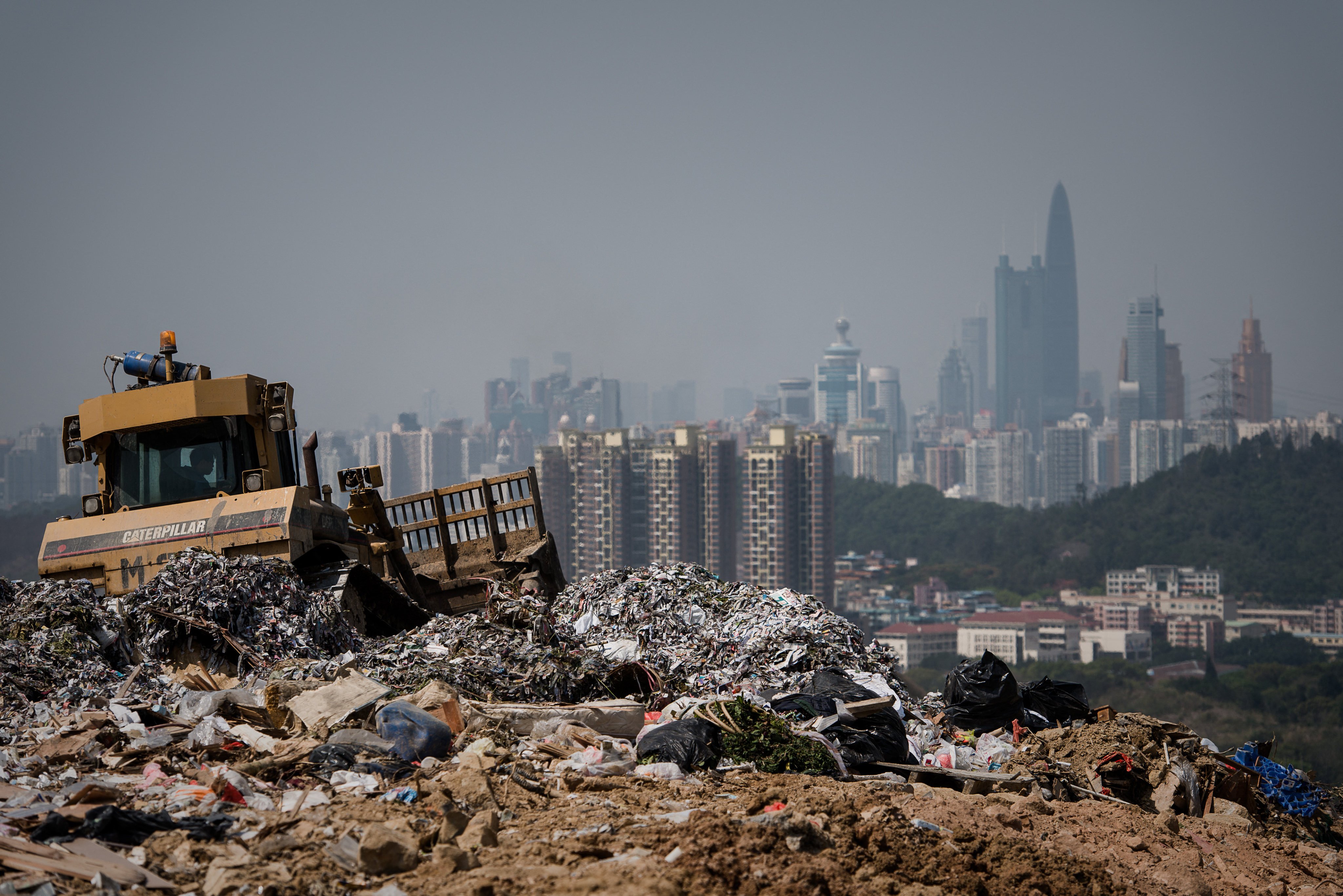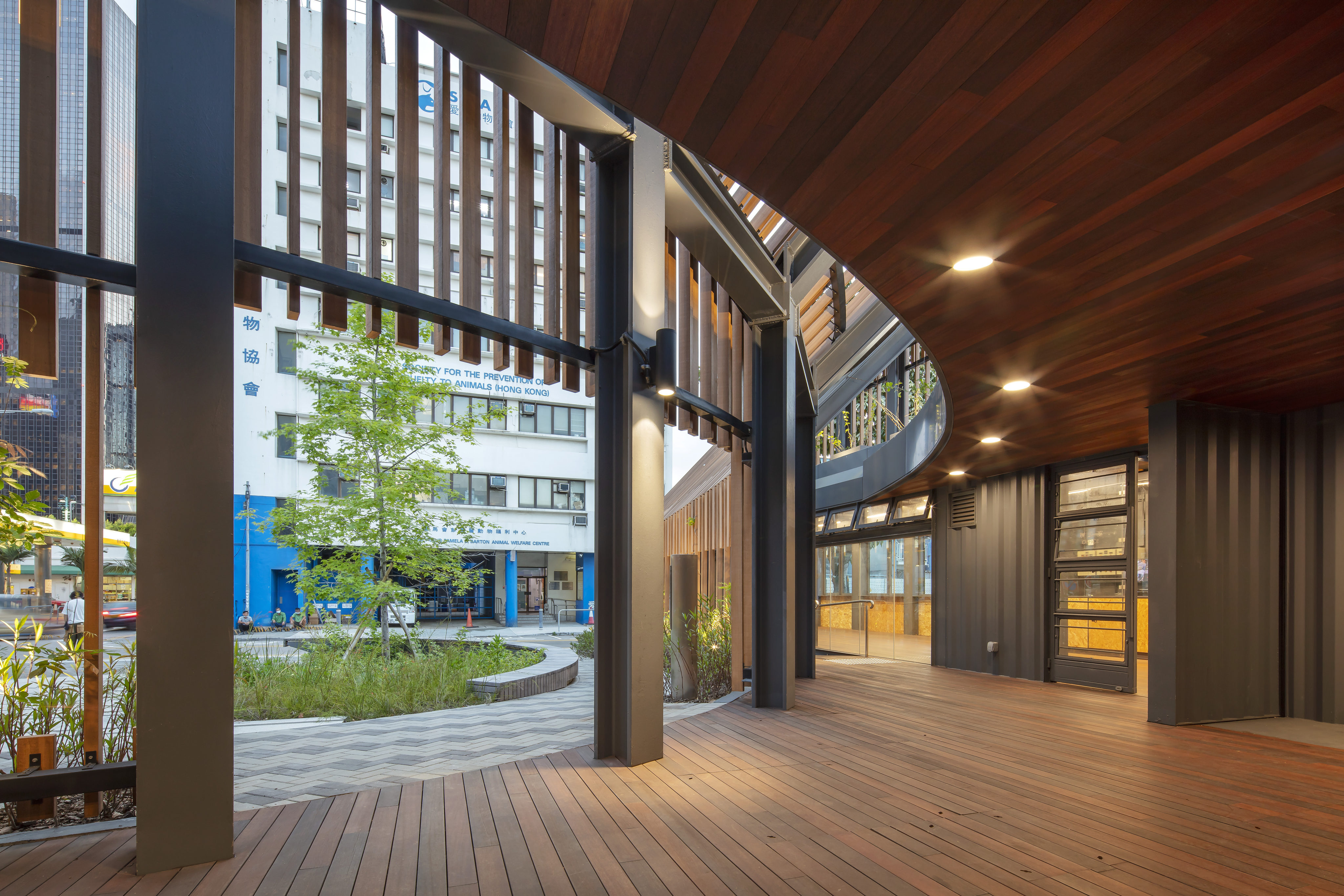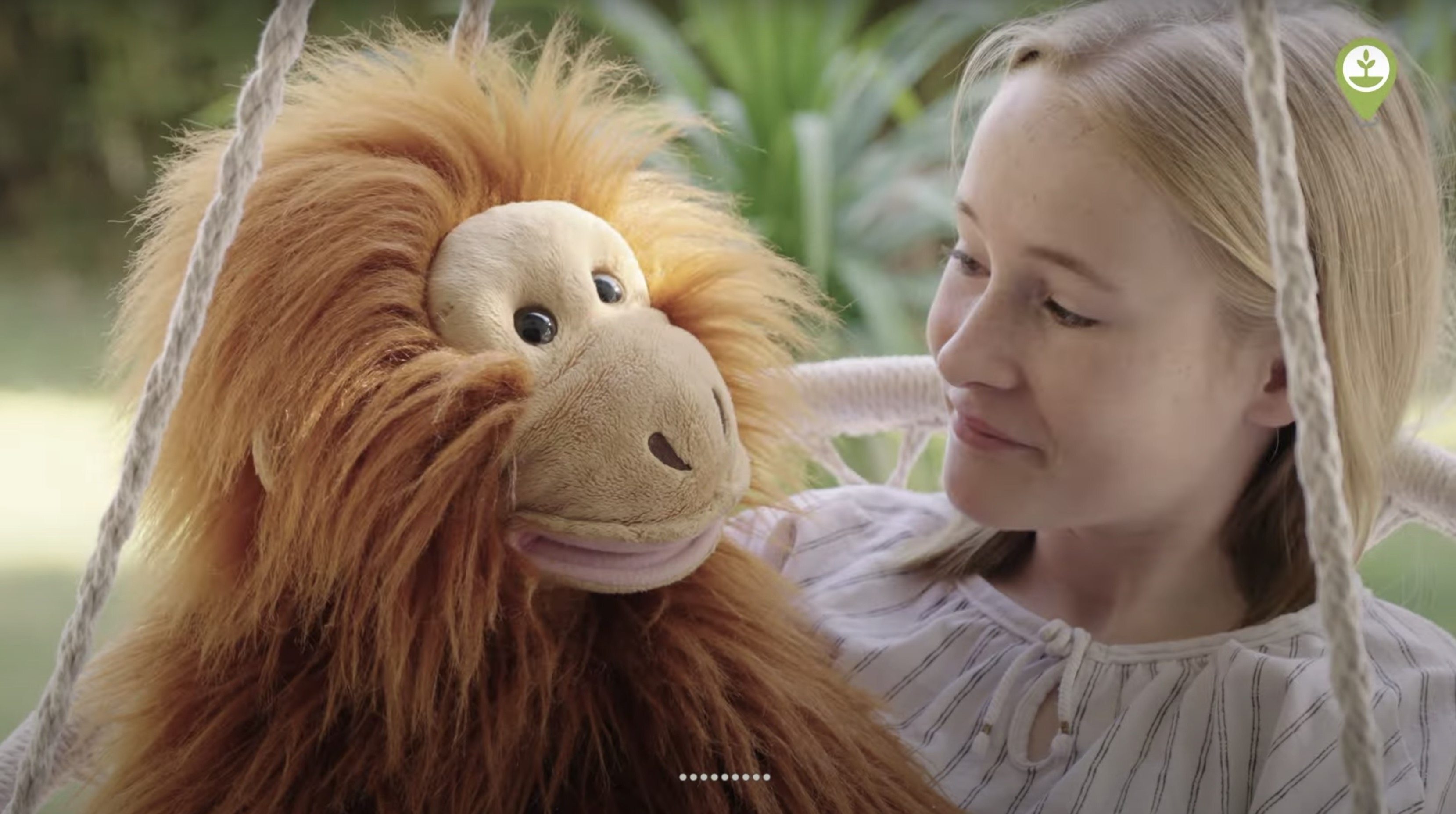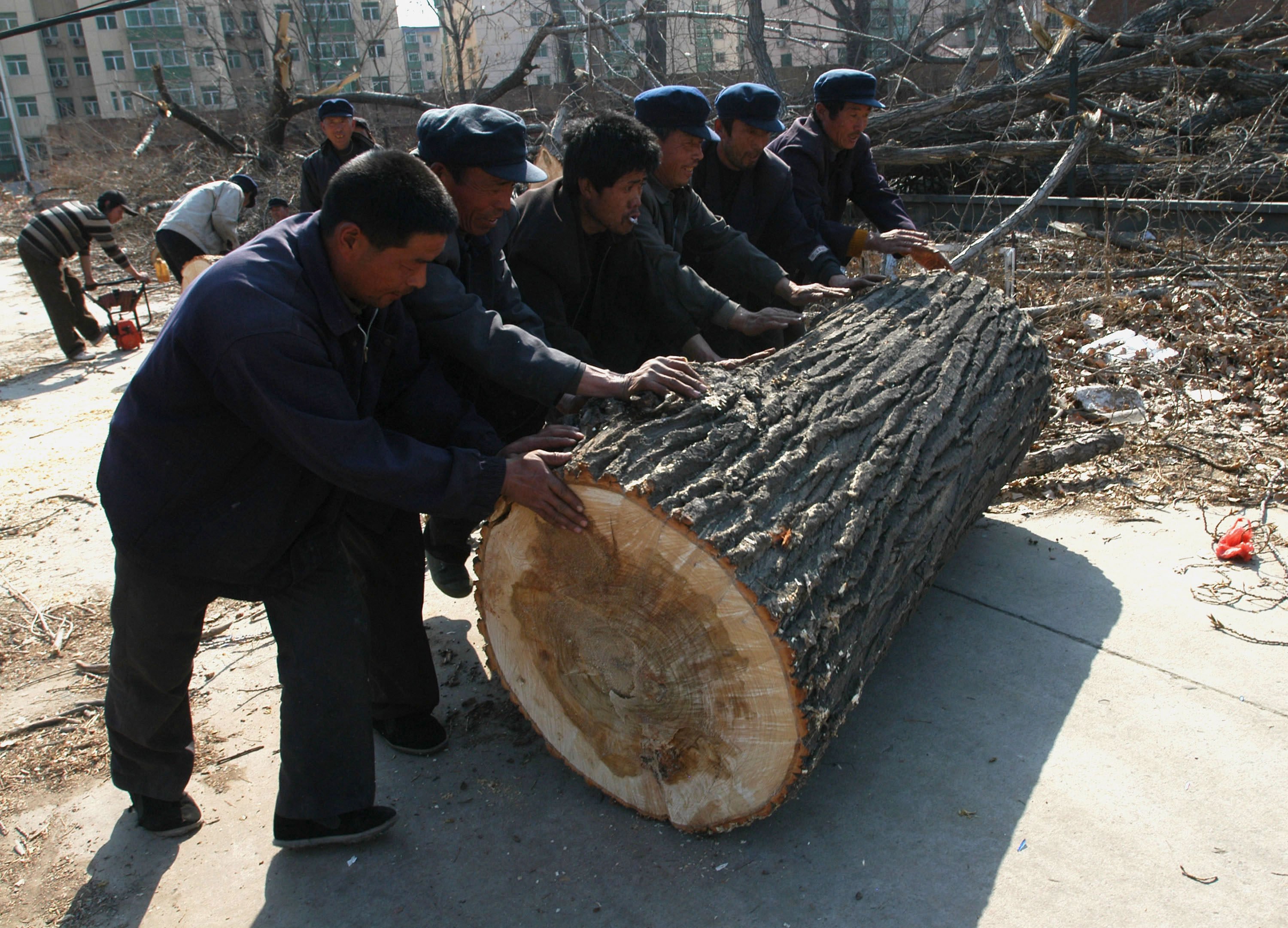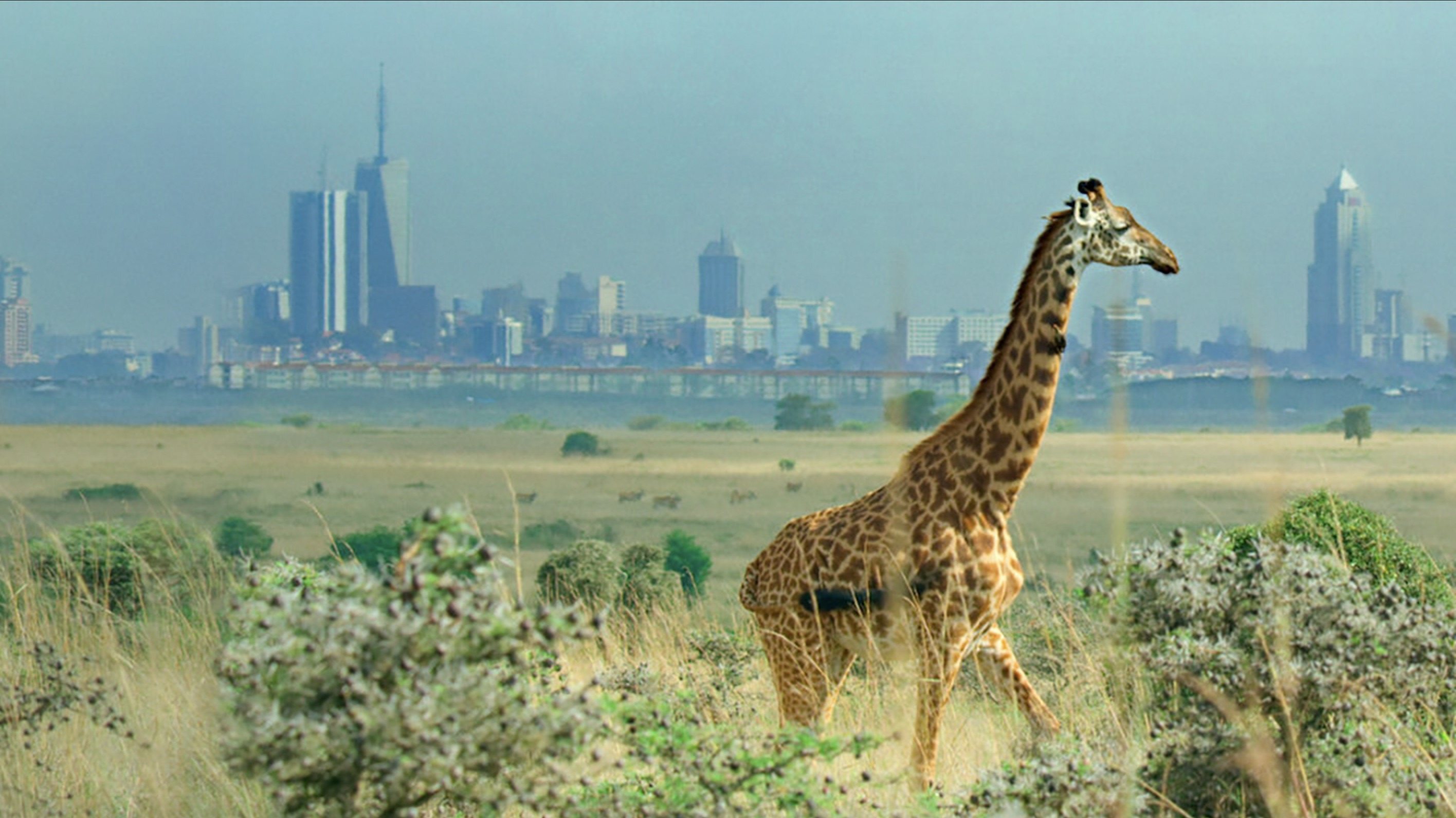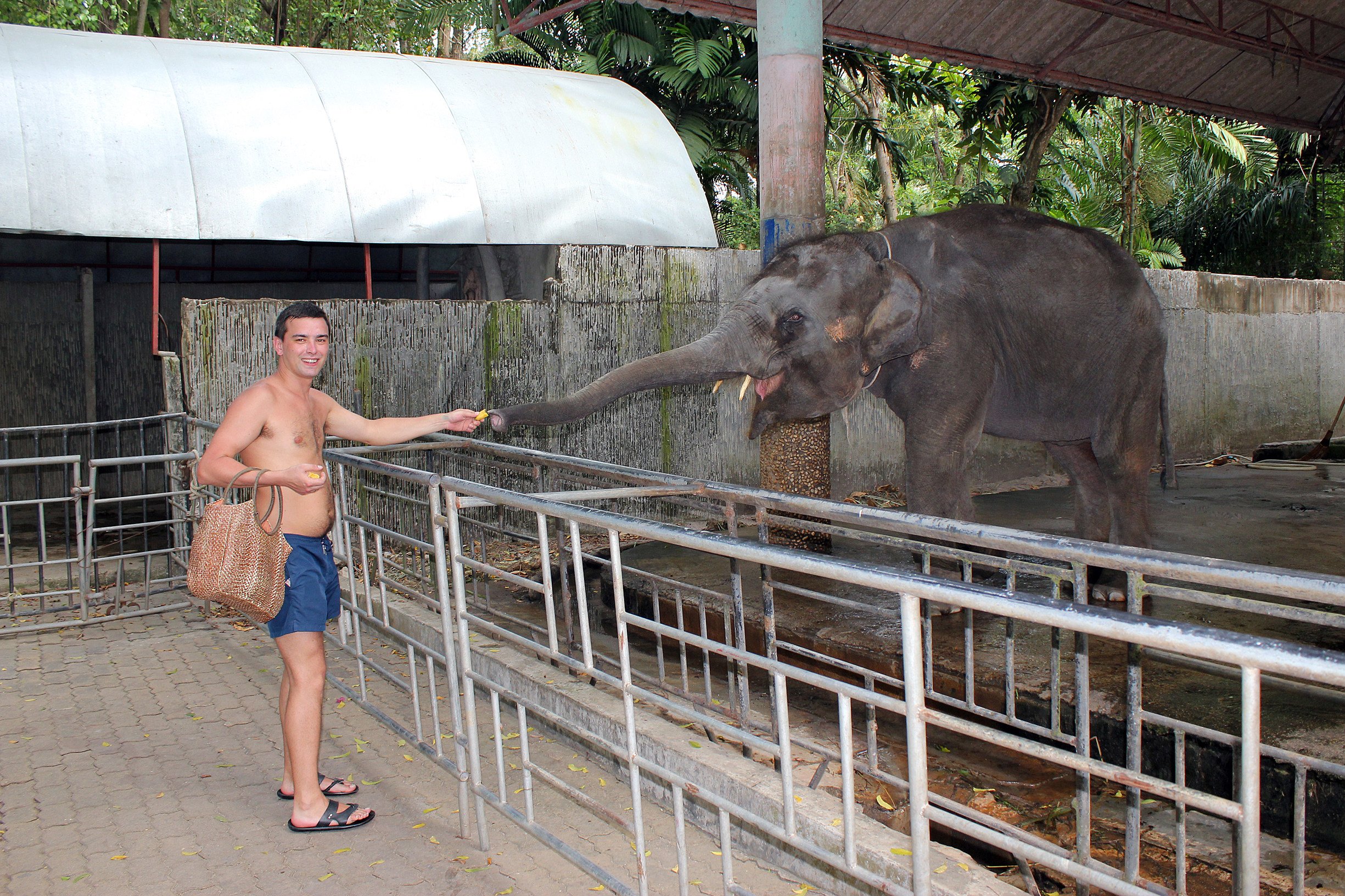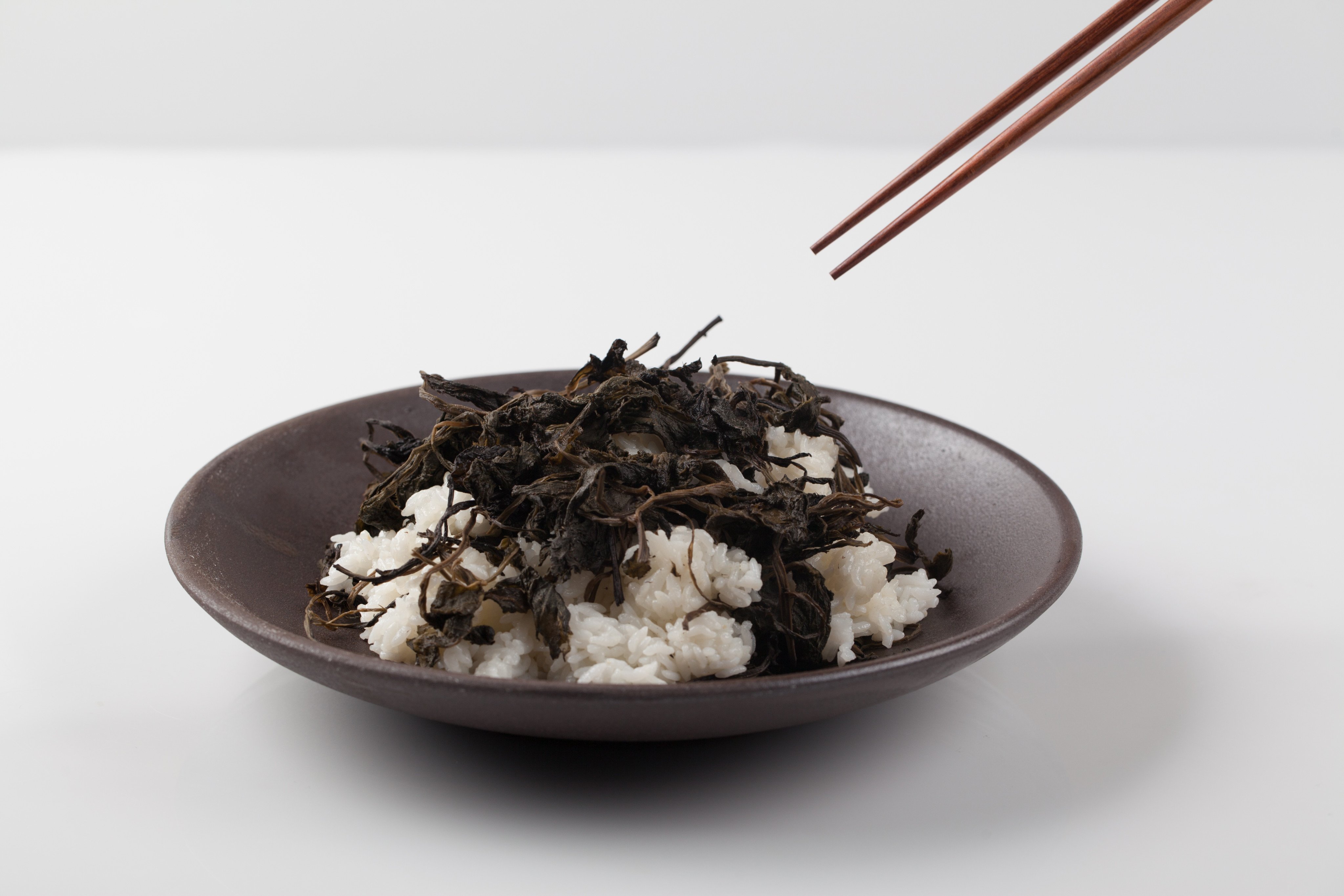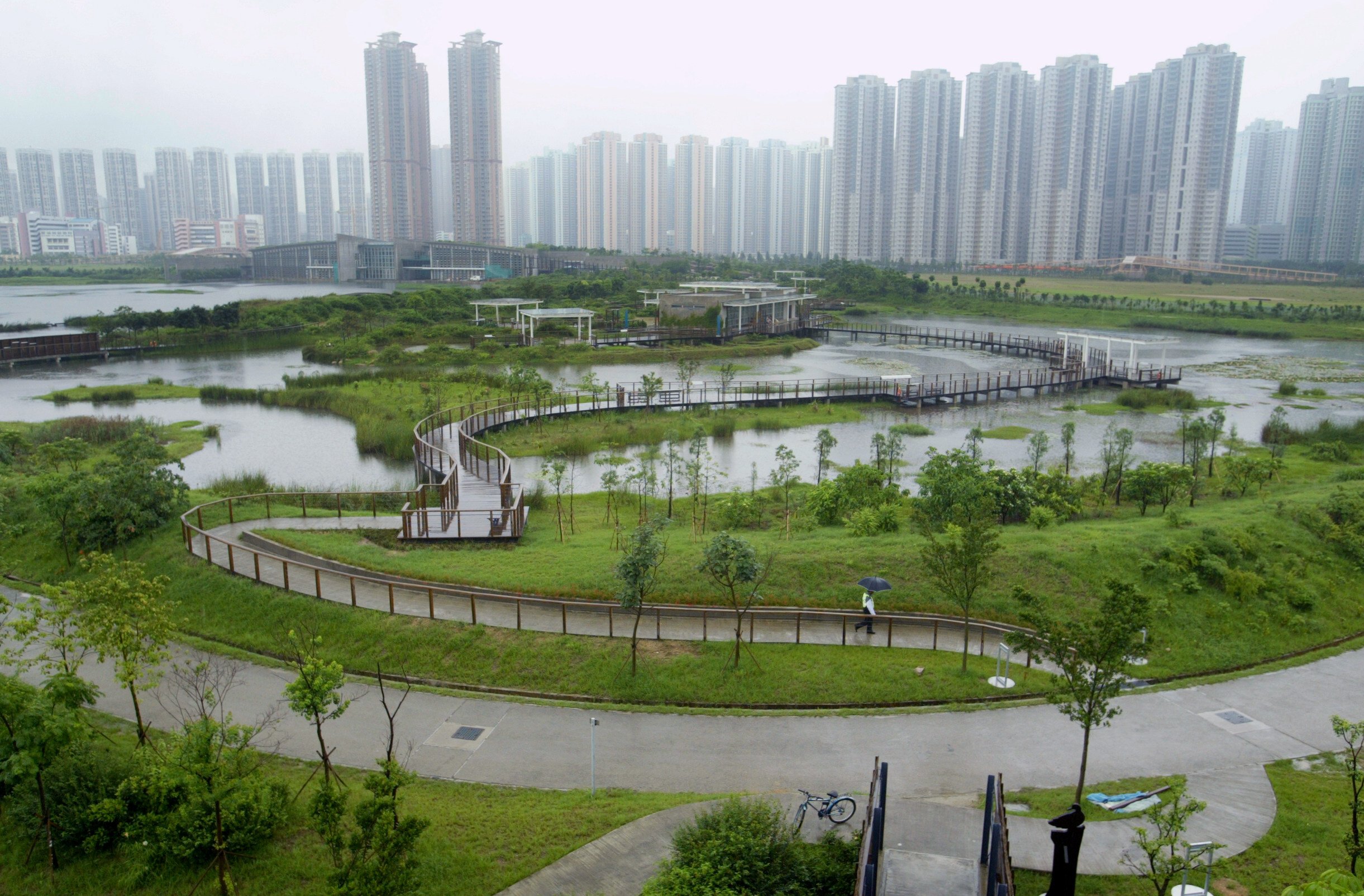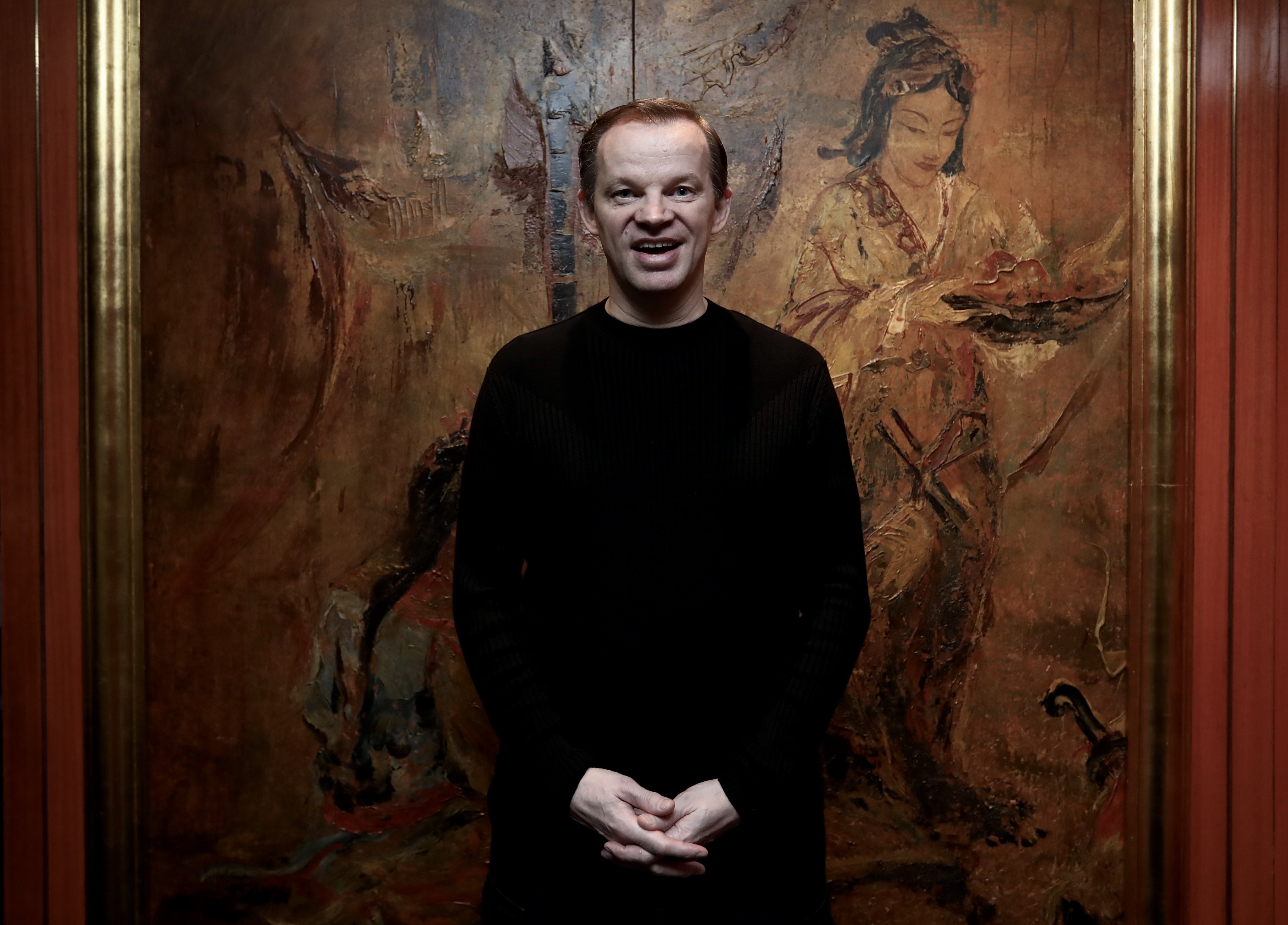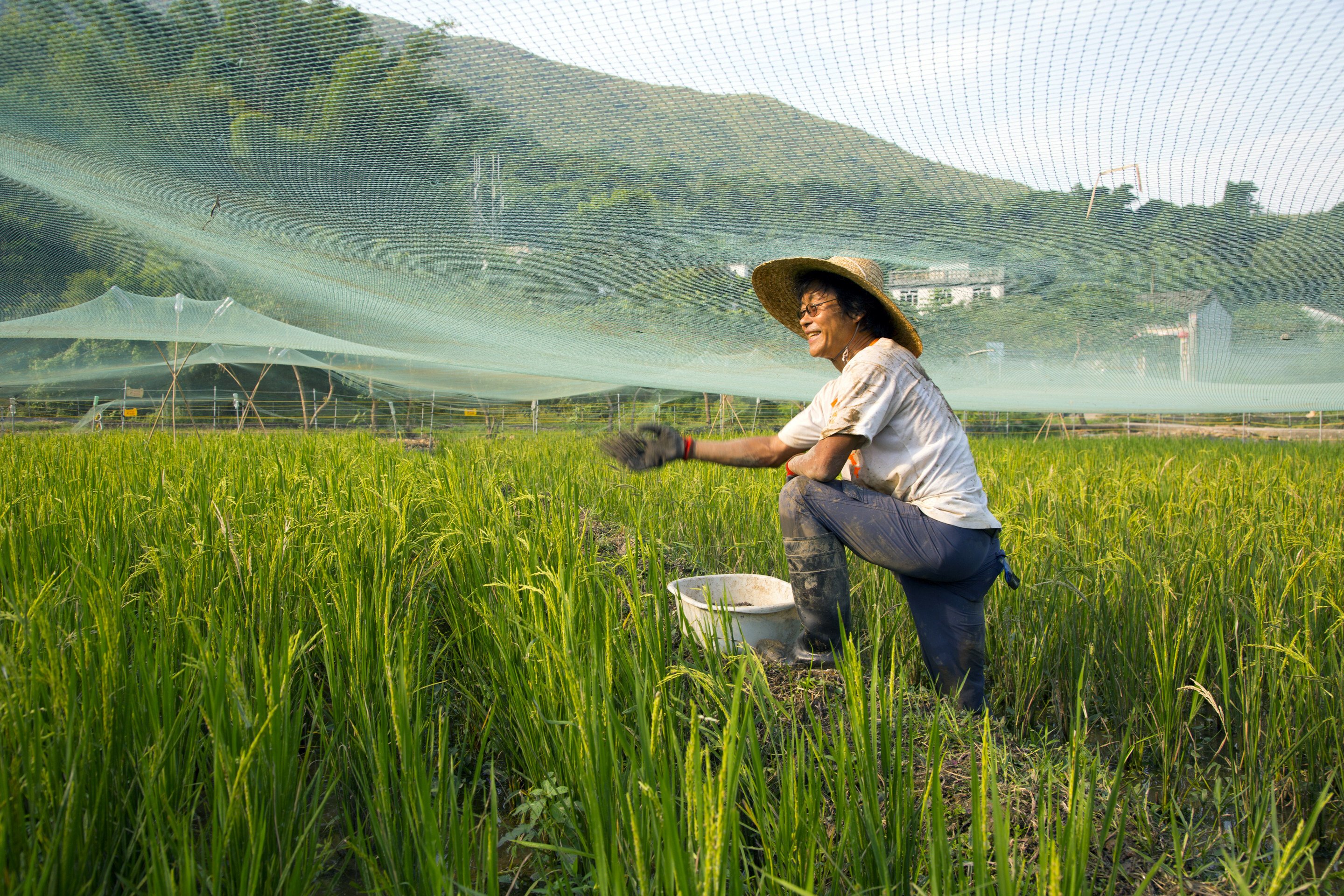POST EDIT: HSBC conservation project breathes new life into Hong Kong’s natural ecosystems
- HSBC’s Lai Chi Wo programme revitalises abandoned farmland in the area and diversifies the habitat, so that different species of animal can develop and thrive
- Half of the world’s GDP depends on high-functioning biodiversity, according to a 2020 report by reinsurers Swiss Re
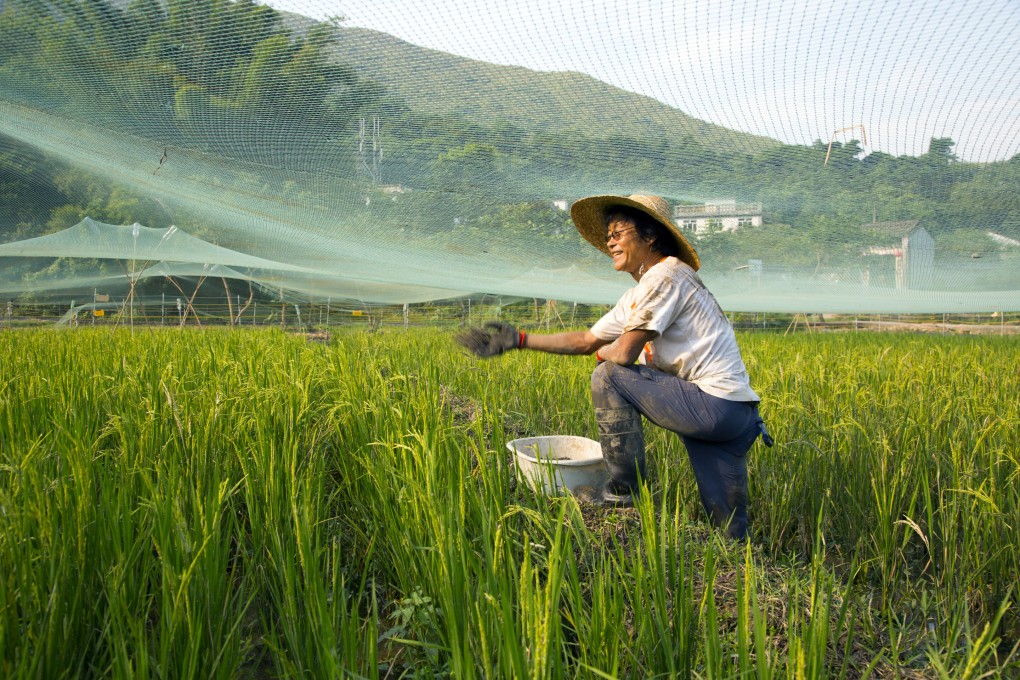
On summer evenings, ecologist Ryan Leung Siu-him walks into the middle of a rice paddy in Lai Chi Wo village, in the northeastern New Territories, and turns off his flashlight. Standing perfectly still in the pitch black, he closes his eyes and listens. The sea breeze makes the heat less oppressive and a few minutes pass before he hears what he’s waiting for – a single bark, followed by a croak, then a grunt – the chorus of the frogs.
“We might hear a Chinese bullfrog here, then a brown tree frog there, and we close our eyes to be more focused on the direction,” says Leung, senior project officer at the Centre for Civil Society and Governance at the University of Hong Kong (HKU). “When the call is overlapping, we try to identify how many individuals there are.”
At last count, Lai Chi Wo was home to nine amphibian species – 38 per cent of Hong Kong’s total; 149 butterfly species – 58 per cent of the total; and 55 species of dragonflies – 46 per cent of the total.


